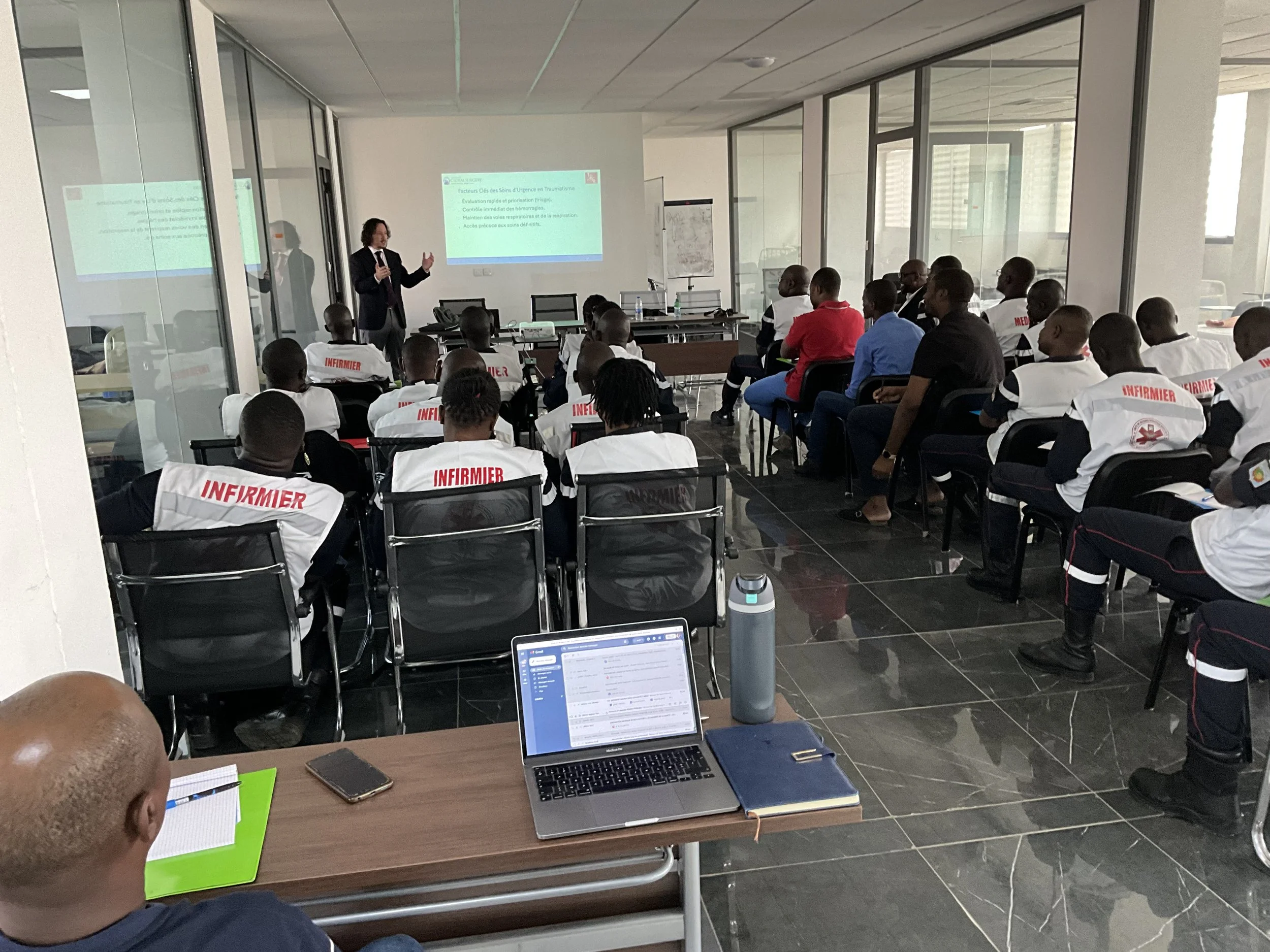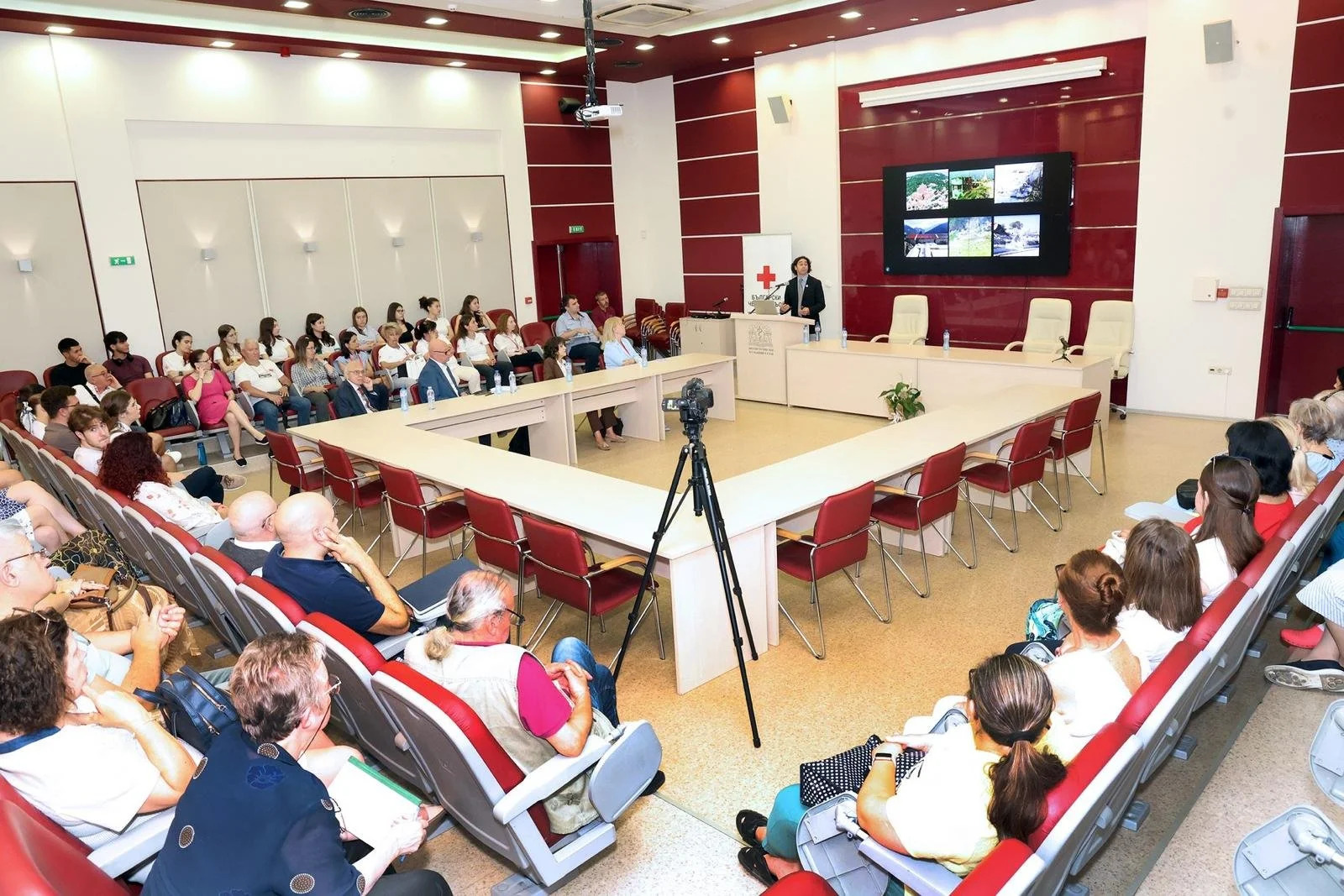Following the conclusion of our 2025 year-end initiatives, the Centre for Global Surgery (CGS) is pleased to present an overview of its primary activities from the second half of the year. This update provides an in-depth look at major milestones and projects spanning the Summer and Fall seasons, bridging the transition into the 2026 programming cycle.
This report was originally published in The Square Knot, the newsletter of the McGill University Department of Surgery (Summer/Fall 2025 Issue), whom we thank for their collaboration and coverage of these initiatives.
To view the complete documentation and access all associated resources, please click here for the full digital report (or click the image above).
We encourage our partners and stakeholders to stay tuned to this News tab for further updates as the CGS continues to advance its objectives throughout the 2026 calendar year.
















































